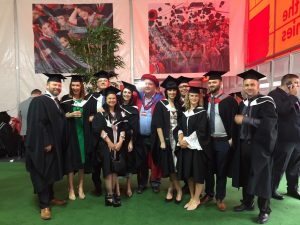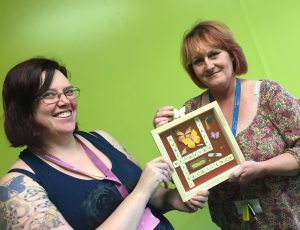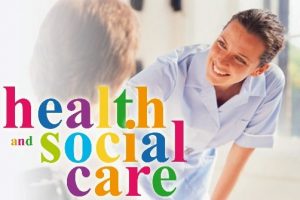This is not a standard blog because it is deliberately intended for a few people, but bear with me. First and foremost….. congratulations! Your job has a parent is to ‘fledge’ your child and yes, we know it is hard but you have done a really good job! You have managed to bring him or her up so well that s/he has got a place at university. I suspect some of you are wondering how when you remember desperately encouraging revision, getting them out of bed or some of the scrapes that they got into. But you did it! Well done.
I suspect you are right now planning the last meal before they go to university, you are probably looking at their packing and adding things (just in case) and you have possibly had a few episodes of anxiety. Calm down – they will be OK. This is not the last ever meal you will have with them and to be honest they will probably enjoy it so much more after the novelty of eating pot noodles every night for 2 weeks has waned. Similarly, we know that you pack for every eventuality (‘I have just put some anti-venom in your bags in case you are bitten by a snake’), but I suspect they know where to get supplies. So, some advice from someone who has gone through this:
Prepare for the first night away. Secret some treats in their bag with a note encouraging them to share with their new flatmates. You have no idea how much a bottle of wine or homemade cake can help people get to know each other. Don’t forget yourself here – plan something special at home so you are not brooding on their absence.
Agree communication. Stalking them on social media will only worry you (remember you do not know the context of why they are dressing up in a toga and seem to be really good friends with a psychopath). They will be enjoying their new independence, so asking them to call you daily is likely to cause you worry when they don’t because they have forgotten.
Have realistic expectations. Yes, we know that you have seen horrendous initiation ceremonies in the films and fear that your child will take up all sorts of nasty habits. The reality is that they will probably have a really good time initially and then will have no choice but to study. Certainly within the health programmes, students quickly learn that they cannot party too hard and be able to learn their profession. You might not have these fears, your child is perfect and you are confident that they will spend every day tidying their flat and reading, reading, reading. I speak from experience here – I spent 12 hours cleaning my daughters flat when she graduated and am sure there was a cure for any type of disease in their fridge! However, my daughter survived and yours will too.
Be prepared for their intellectual growth. You have been the most influential person in your child’s life and now they are entering an institution where they will be expected to be critical, evaluative and independent thinkers. They might develop different political leanings to you and have different perspectives, but enjoy it. You are now entering a stage in your relationship where you can explore these views together and you will develop a more grown up friendship with them.
Let them be adults. When I dropped my daughters off for the first time, it took all my self-will to resist finding anyone in authority and beseeching them to watch out for them. Yes, your child might find parts of the course tough, but this will develop them. Remember, there are support services in the university and although I am biased, I genuinely think this is where Staffordshire University comes into its own. If they fail something, don’t contact us but please encourage your child to. Our contract is with the student (not you) and we are bound by confidentiality. The way to look at it is that they are entering a very responsible profession, so they need to be autonomous and resilient.
Think about money. I am not saying that you need to bankrupt the Bank of Mum and Dad but if you are in a fortunate position to be able to subsidise, try thinking of ways that you can protect how they spend the money. Some supermarkets do student cards which means that you can top up the cards so they can at least buy food with it. There are some really good websites which give good advice, try http://www.savethestudent.org/save-money/food-drink/the-students-ultimate-supermarket-guide.html. A useful thing to do is to stock up on cheap tinned foods, so at least you are not imagining your child languishing hungry and miserable in their room (they make good fall back staple foods). It is useful to be aware that the rooms are often small, so it might be worthwhile investing in an underbed storage case (it will also give them somewhere to store items that they do not want ‘liberating’.
Give them memories. In reality, your child will miss you. Do not underestimate how comforting a photo of the family or a treasured cuddly toy can be.
Finally, this is the next stage of your lives. Things won’t be the same again, but it does not need to mean that it won’t be good again – it will be different (and possibly better). So, you need to enjoy it too.
Traci Hudson, Lead Midwife for Education/Course Leader, Traci.Hudson@staffs.ac.uk






 and places are available to book now!
and places are available to book now! … to find out more information and to book your place on all the above
… to find out more information and to book your place on all the above